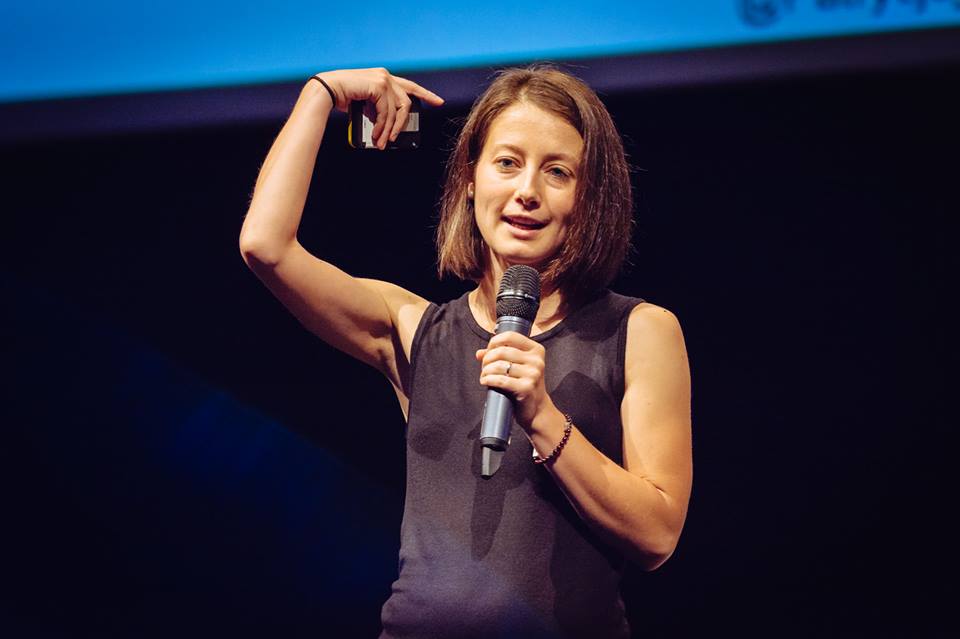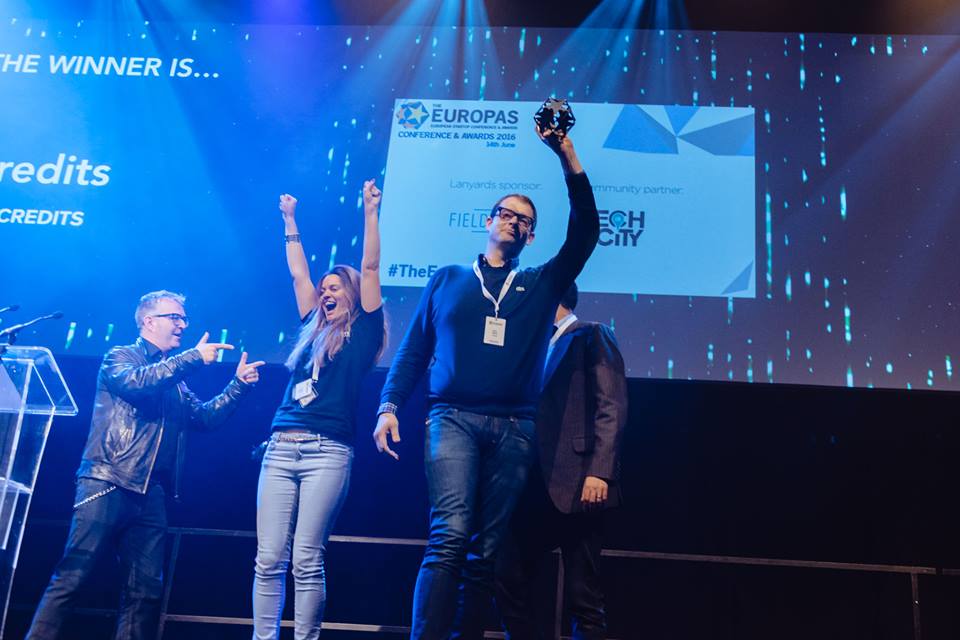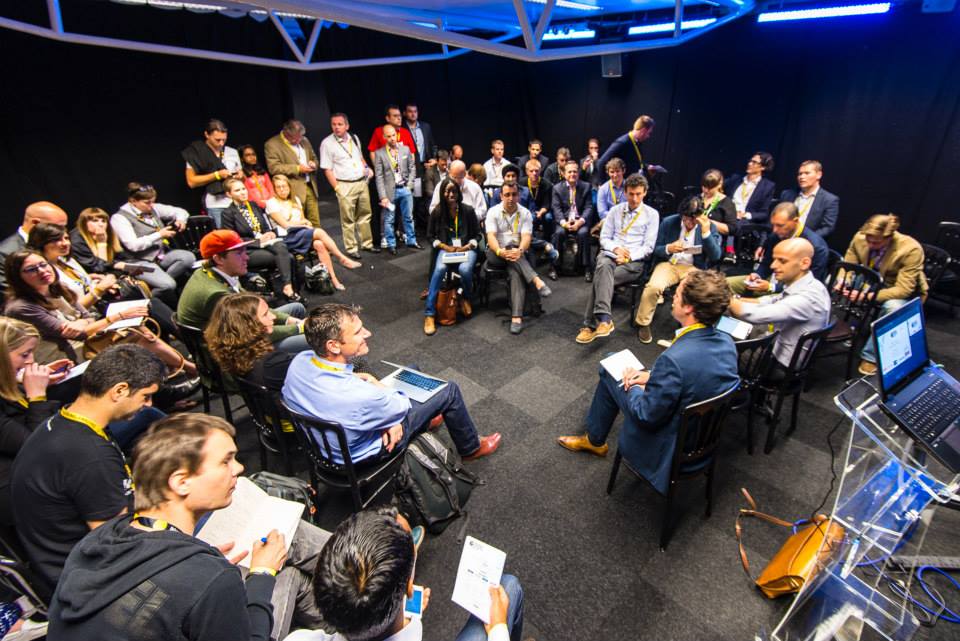Innoviz, a developer of light detection and ranging technologies for computer vision and autonomous vehicles, is getting a toehold in China, the world’s fastest growing auto market, through a partnership with the Chinese automotive supplier HiRain Technologies.
From offices in Beijing, Chicago, Detroit, Shanghai, Tianjin HiRain serves as a global supplier to some of China’s largest automakers and has already been a gateway to success for another Israeli company developing sensing technology for vehicle manufacturers — Mobileye .
That company has half of its business coming from China and has won 9 of its supplier agreements with different automakers in the country through its HiRain partnership, according to people with knowledge of the company.
For the three year old Innoviz, the opportunity to expand its list of suppliers to include one of China’s leaders was too good of an opportunity to pass up, said chief executive officer Omer Keilaf.
“China is helping lead the way towards the autonomous vehicle future, and HiRain is one of the most influential companies in the Chinese automotive industry. Last year, around 26 million vehicles were manufactured in China, making it by far the largest automotive manufacturing country in the world,” said Keilaf, in a statement. “The HiRain team has extensive experience with driver assistance and autonomous driving systems in China and we are honored to partner with them.”

It’s the latest in a series of strategic moves for Innoviz, which already counts Aptiv, Magna International and Samsung as its partners for supplying automakers in the U.S., Europe and other international markets. The company had its first win with BMW earlier this year, and will be providing LiDAR for the automakers autonomous vehicles in 2021.
“LiDAR is one of the most critical technologies for automated driving systems, and we partnered with Innoviz because not only is its technology more advanced than other LiDAR solution, but the company has proven it can deliver on its promises,” said Yingcun Ji, the chief executive of HiRain, in a statement. “Innoviz’s cutting-edge LiDAR will help us expand our leadership position within the Chinese automotive industry and continue to blaze a trail towards the autonomous driving future.”
The opportunity to expand driverless vehicle technologies in China extends far beyond the country’s established automakers like SAIC Motors, Chang’an Motors, FAW Group and Dongfeng Motor or more recent upstarts like Geely and BYD . Technology companies including Tencent, Alibaba, and Baidu all have an interest in developing autonomous vehicles, and new electric car companies like Byton, Nio, WM Motor, and Xiaopeng Motors. Some of these new companies are counting on government subsidies of $8,400 per vehicle, to bring electric, autonomous technology to China’s congested and polluted streets.
Behind HiRain and its OEM relationships, Keilaf said there were as many as 20 other development programs that the company was exposed to in China.
“We are going to sell the LiDAR in this collaboration that will let us get to the volume to drive our process and get early revenues,” Keilaf said.
When it comes to autonomous vehicle standards, China is racing ahead, said Keilaf. The country wants to get to Level 3 autonomy in most of its vehicles by 2020 and level 4 autonomy in 2021.
As for other markets, like the U.S., Keilaf said the development of autonomous vehicles will continue to happen quickly, but in very specific markets. And that the growth wouldn’t be hindered by recent fatalities caused by failures in autonomous vehicle systems from Uber and Tesla (two companies that have been aggressively pushing driverless vehicle programs).
“It makes everybody understand better what is needed to make things the right way,” Keilaf said of the accidents. “The way I see it, autonomous driving will come soon. But autonomous driving is a very big term.”
For Keilaf, autonomy is going to appear in markets like the U.S. first in specific applications like shuttles around colleges, airports, or closed communities. Simultaneously some advanced autonomous technologies will take to the roads in the form of long haul convoys for shipping and logistics, and finally in industrial applications for agriculture and mining.
Founded in early 2016, Innoviz has over 150 employees worldwide and is backed by $82 million in venture funding.





























